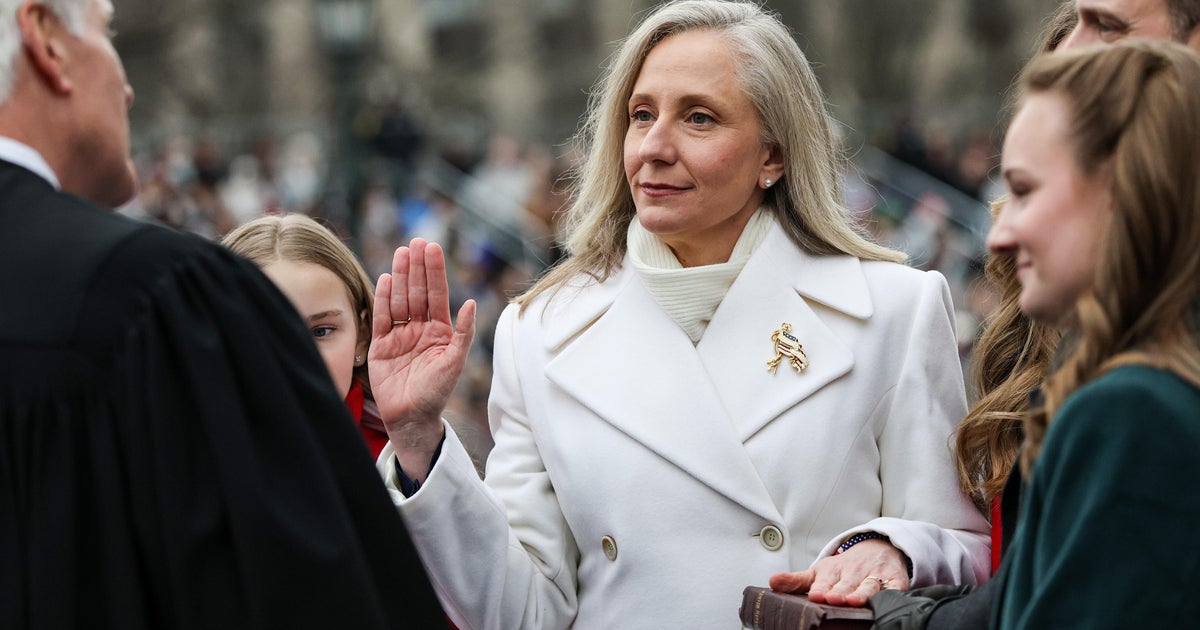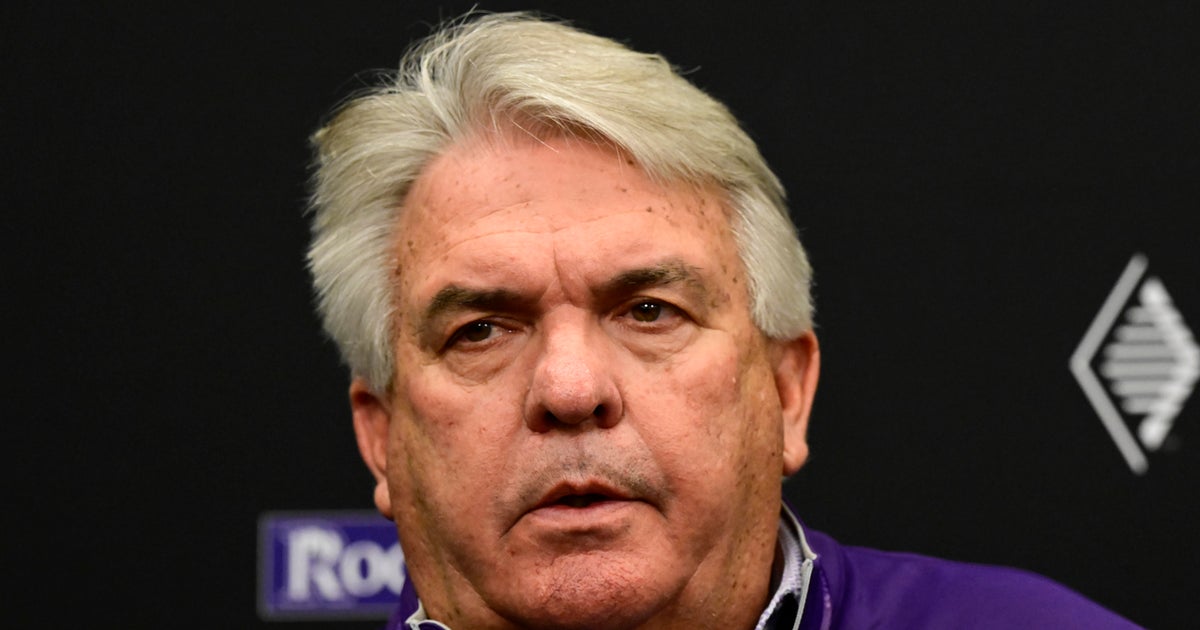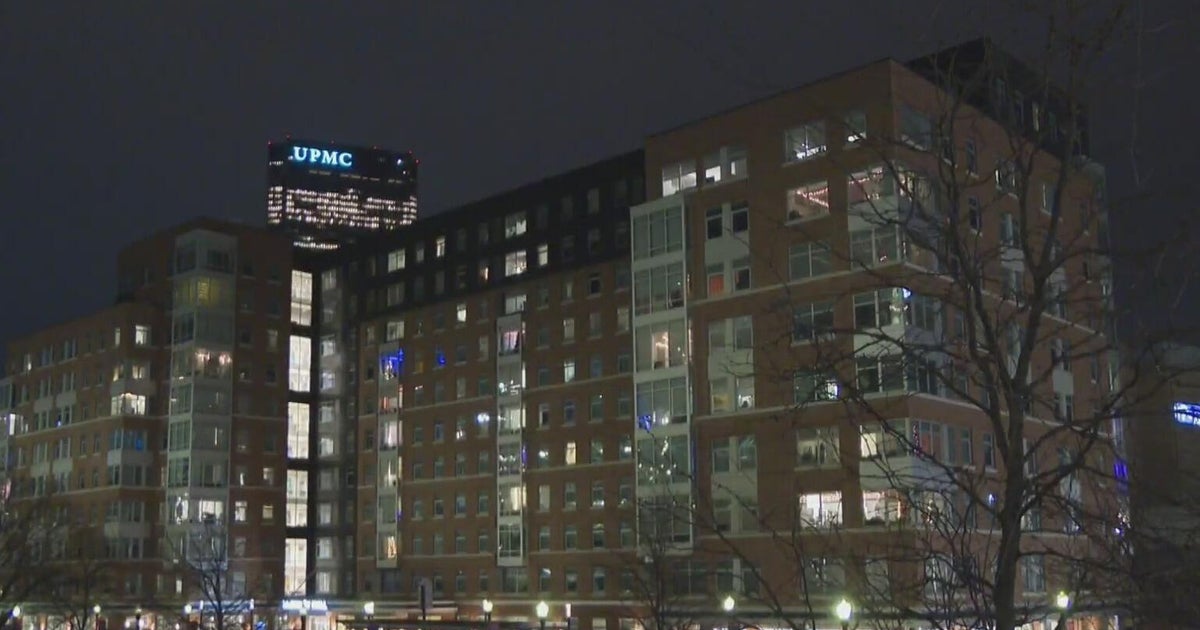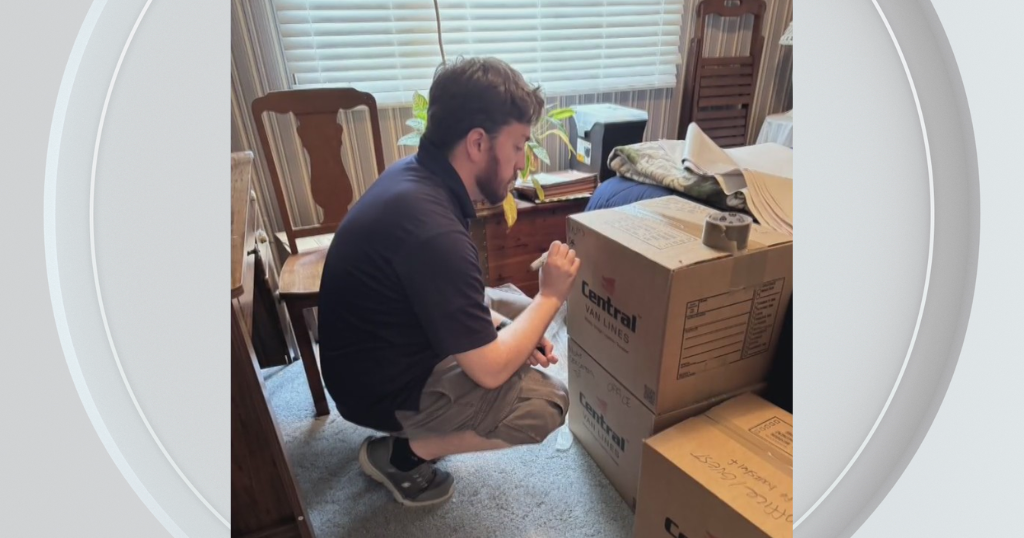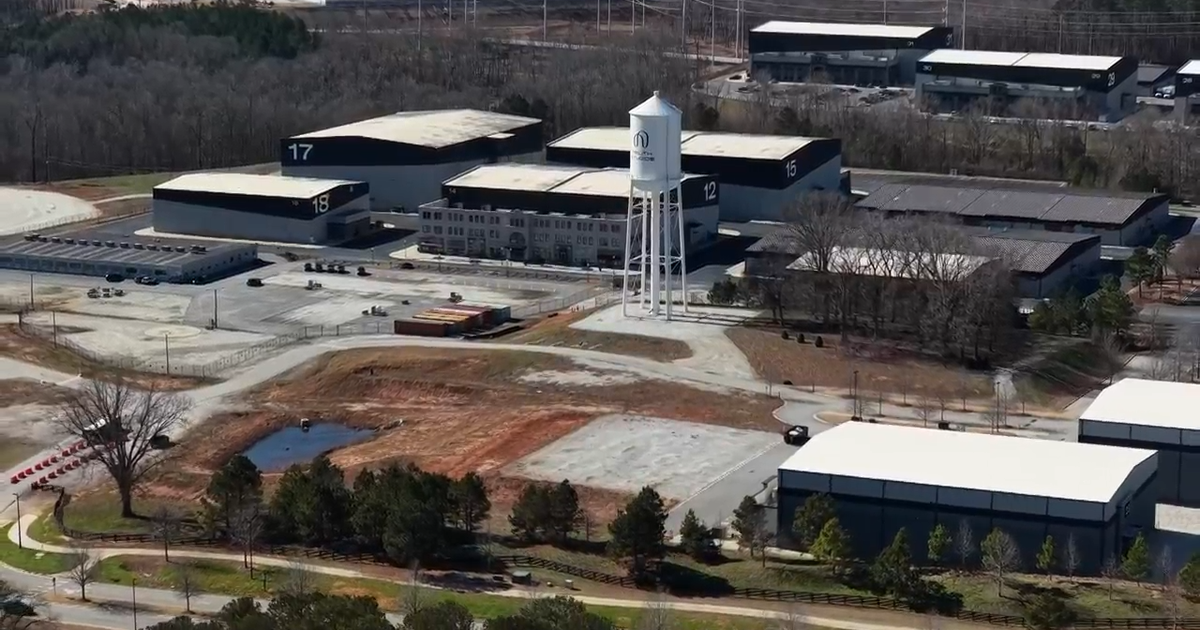Layoffs rising as the U.S. economy slows
More U.S. companies are cutting jobs and freezing hiring as the economy cools, a sign that efforts by the Federal Reserve to tamp down inflation are hitting the labor market.
Layoff announcements spiked in September, according to outplacement firm Challenger, Gray & Christmas. Job cuts last month rose to nearly 30,000, an increase of 46% from August, while the number of companies announcing hiring plans last month fell to the lowest level in more than a decade, the firm said.
"Some cracks are beginning to appear in the labor market. Hiring is slowing and downsizing events are beginning to occur," Andrew Challenger, senior vice president of Challenger, Gray & Christmas, said in a statement.
Government figures also point to a slowing job market. Jobless claims for the week ending October 1 rose by 29,000, to 219,000, the Labor Department said on Thursday. The total number of Americans collecting unemployment aid rose by 15,000 to nearly 1.4 million for the week ending September 24.
"We won't read too much into one week's claims data, but if an upward trend persists, it would be consistent with other recent indicators pointing to some loosening of labor market conditions," economists at Oxford Economics said in a research note.
Applications for jobless aid generally reflect layoffs, which have remained historically low since the initial purge of more than 20 million jobs at the start of the coronavirus pandemic in the spring of 2020. However, the technology sector has seen a hiring slowdown, with dozens of companies announcing layoffs or hiring freezes. Last week, Meta said it planned to reduce headcount for the first time in the company's history.
Netflix, Peloton, Snap, Twilio, Taboola and Twitter have all announced layoffs. Google parent Alphabet has shut its video-game streaming service, Stadia, and Amazon has reportedly frozen corporate hiring in its retail division.
The number of available jobs in the U.S. plummeted in August compared with July, the government said earlier this week. The drop of more than 1 million open jobs signals that employers are pulling back on hiring as they contemplate economic uncertainty ahead.
The Federal Reserve is closely watching job-openings data for signs that demand for workers is cooling off. Fed Chair Jerome Powell has repeatedly cited the high number of open jobs as one driver of historically high inflation and has signaled that the unemployment rate will likely rise as part of the Fed's push to curb inflation.
The U.S. central bank has raised its key interest rate to a range of 3% to 3.25%, up from near zero at the start of this year. The sharp rate hikes have pushed mortgage rates up to 15-year highs and made other borrowing costlier. The Fed hopes the higher interest rate will slow borrowing and spending and push inflation closer to its target of 2%.
As part of that at effort, the Fed expects the unemployment rate to increase to about 4.4% by next year, which is equivalent to 1.2 million people losing jobs.
On Friday, the government is expected to report hiring data for September. Wall Street analysts estimate that 250,000 jobs were added last month. If the figures turn out substantially higher, it could spur the Fed to hike rates even faster, according to Wall Street analysts.
Last week, the government reported the U.S. economy shrank for the second straight quarter, but so far that has done little to cool the job market.
The Associated Press contributed reporting.

